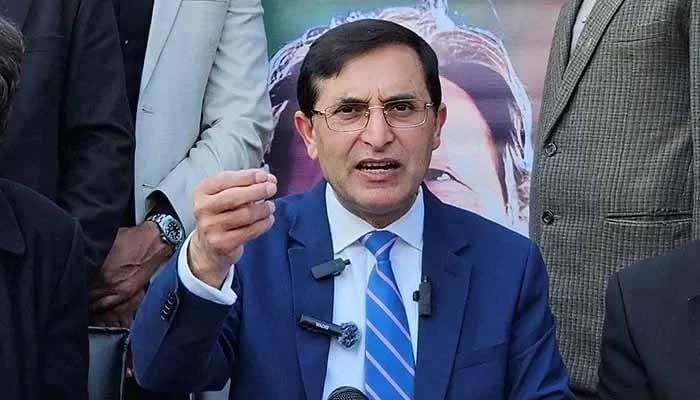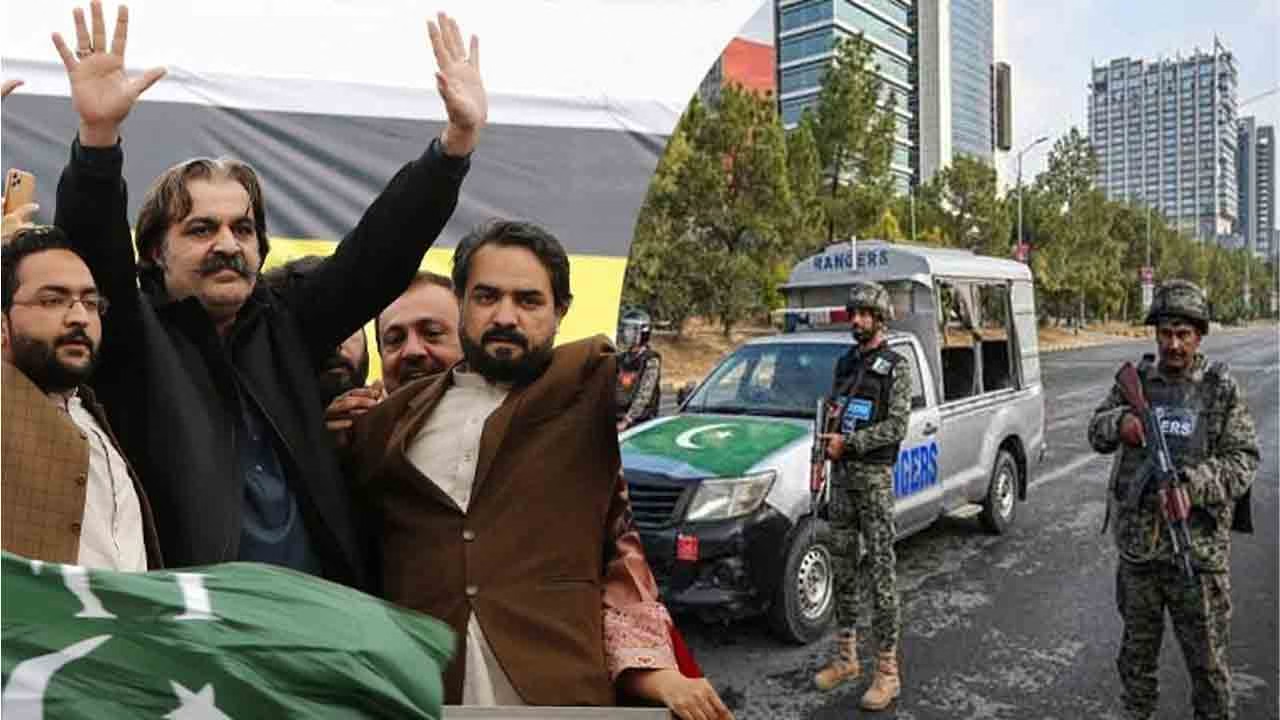In a significant development for Pakistan’s political landscape, PTI Chairman and former Prime Minister Imran Khan has directed his party to persist in ongoing negotiations. This announcement came after senior PTI leaders, including Barrister Gauhar, Ali Zafar, and Sher Afzal, met with Khan at Adiala Jail. The meeting underscored Khan’s commitment to finding a resolution through dialogue despite his current incarceration.
Imran Khan’s Message from Adiala Jail
Addressing the media outside Adiala Jail following the meeting, Barrister Gauhar conveyed Imran Khan’s instructions. According to Gauhar, Khan emphasized the importance of continuing the negotiations and maintaining open communication channels. He has also permitted the party to present its demands in writing to the government committee, a step aimed at ensuring clarity and transparency in the dialogue process.
A Call for a Third Negotiation Session
Imran Khan has advocated for a third session of negotiations, emphasizing that it is essential for meaningful progress. “If the negotiation team fails to meet after this session, the talks will stall,” Khan reportedly stated. His insistence on another session highlights his belief in dialogue as a critical tool for resolving political differences and steering the nation toward stability.
The PTI Leadership’s Role
PTI leaders Barrister Gauhar, Ali Zafar, and Sher Afzal have played pivotal roles in maintaining the party’s communication with Khan during his detention. Their recent meeting with him is a testament to their commitment to upholding party directives and ensuring that Khan’s vision is executed effectively.
Barrister Gauhar, speaking to the media, reaffirmed the party’s dedication to pursuing a constructive path. He stated, “The chairman’s instructions are clear. We must continue negotiations and explore every avenue for resolution.”
Context of the Negotiations
The negotiations come at a time of heightened political tension in Pakistan. The PTI, under Imran Khan’s leadership, has been vocal about its demands, which include electoral reforms, judicial independence, and a transparent roadmap for the country’s democratic processes.
Khan’s directive to submit the demands in writing reflects a strategic move to formalize the party’s stance and ensure accountability in the negotiation process. It also demonstrates a willingness to engage constructively with the government committee.
Public Reaction and Political Implications
The news of Khan’s directive has garnered significant attention, with political analysts and citizens weighing in on its implications. Many view this move as a positive step toward reducing political polarization and fostering dialogue between opposing factions.
Supporters of PTI have expressed optimism about the potential outcomes of continued negotiations, hoping for resolutions that align with the party’s vision for a stronger and more transparent democracy.
However, critics remain skeptical, questioning whether the talks will yield tangible results given the deep-seated divisions in the political arena.
Imran Khan’s Leadership Amid Adversity
Despite his incarceration, Imran Khan’s influence within PTI and the broader political landscape remains undeniable. His ability to guide the party and set strategic directions from Adiala Jail speaks volumes about his leadership and resilience.
Khan’s call for continued negotiations underscores his commitment to prioritizing national interests over political rivalries. By advocating dialogue, he is sending a clear message that collaboration and understanding are essential for addressing Pakistan’s challenges.
The Road Ahead
As PTI prepares for the third session of negotiations, the nation watches closely. The success of these talks could mark a turning point in Pakistan’s political journey, paving the way for greater unity and progress.
The government’s response to PTI’s written demands and its willingness to engage in meaningful dialogue will be crucial in determining the outcome of this process. Both sides have a responsibility to prioritize the nation’s welfare and work toward solutions that benefit all Pakistanis.
Imran Khan’s directive to continue negotiations reflects his unwavering belief in dialogue as a means to resolve political conflicts. As PTI leaders move forward with their efforts, the onus lies on all stakeholders to approach the discussions with sincerity and a shared commitment to Pakistan’s future.
With the potential for transformative outcomes, this chapter in Pakistan’s political narrative serves as a reminder of the power of communication and collaboration in shaping a nation’s destiny.



